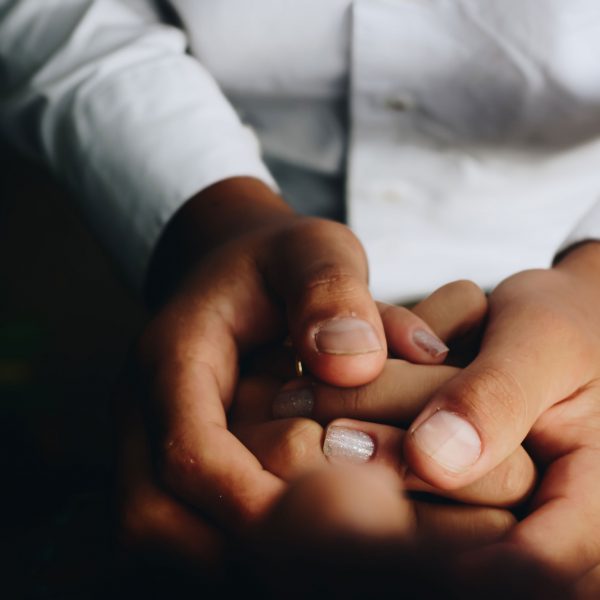Preschoolers with anxiety more likely to struggle to bond

Children who experience sadness and anxiety during their preschool years are more likely to experience relationships that deteriorate with their preschool teachers, a University of Alberta (U of A) researcher has found.
PhD candidate Brenna Zatto has explored emotional and social coping among preschoolers, noting that adjustment problems — feelings of excessive sadness and fearfulness — begin earlier than most people think, making it more important to understand how problems emerge and develop.
The assumption that children are “too little” to understand or meaningfully express sadness and anxiety is widely held, Ms Zatto said, but has been proven false through her work.
Ms Zatto’s study is a collaboration through the PEERS Lab, the U of A’s research team focused on the social and emotional development of vulnerable children, led by Wendy Hoglund, who was co-author of the study.
More than 400 children from two low-income half-day preschools were tracked for the year-long study. In addition to surveys completed by teachers, research assistants carefully watched interactions with children in the teachers’ care.
While previous studies assumed that the teacher-child relationship was the strongest predictor of a child’s success in the preschool environment, Ms Zatto found that this is not the case. The child’s symptoms had a larger negative influence on how their teachers responded to their needs.
Because of this, children who began the year with higher levels of sadness and anxiety typically had a less positive relationship with their teachers by the end of the year.
Children with adjustment problems are more likely to become dependent on their teachers, or act aggressively, she said, possibly provoking increasingly negative responses from teachers.
“Teachers are attending to the children, but in a negative way,” Ms Zatto said. “More than likely the teacher can become frustrated or exhausted, which might foster a negative relationship over the year.”
Ms Zatto believes her work may have implications for how preschools operate. Knowing a child has anxiety or sadness might be an opportunity to approach these cases proactively, she said, adding that there may also be a need for professional development for teachers, and mental health supports for the students — opportunities that aren’t typically found in US preschool settings.
Her doctoral research will examine how preschoolers with anxiety and sadness handle their emotions.
“Children who have a harder time regulating their emotions — especially when it comes to feeling sad or afraid — might be experiencing more negative symptoms,” she said. “The strategies they use may be different than those who have better emotional regulation skills.”
The study was supported by the Stollery Children’s Hospital Foundation through the Women and Children’s Health Research Institute, and may be accessed here.
Popular

Quality
Practice
Provider
Research
Workforce
Honouring the quiet magic of early childhood
2025-07-11 09:15:00
by Fiona Alston

Practice
Provider
Quality
Research
Workforce
New activity booklet supports everyday conversations to keep children safe
2025-07-10 09:00:16
by Fiona Alston

Quality
Practice
Provider
Workforce
Reclaiming Joy: Why connection, curiosity and care still matter in early childhood education
2025-07-09 10:00:07
by Fiona Alston












